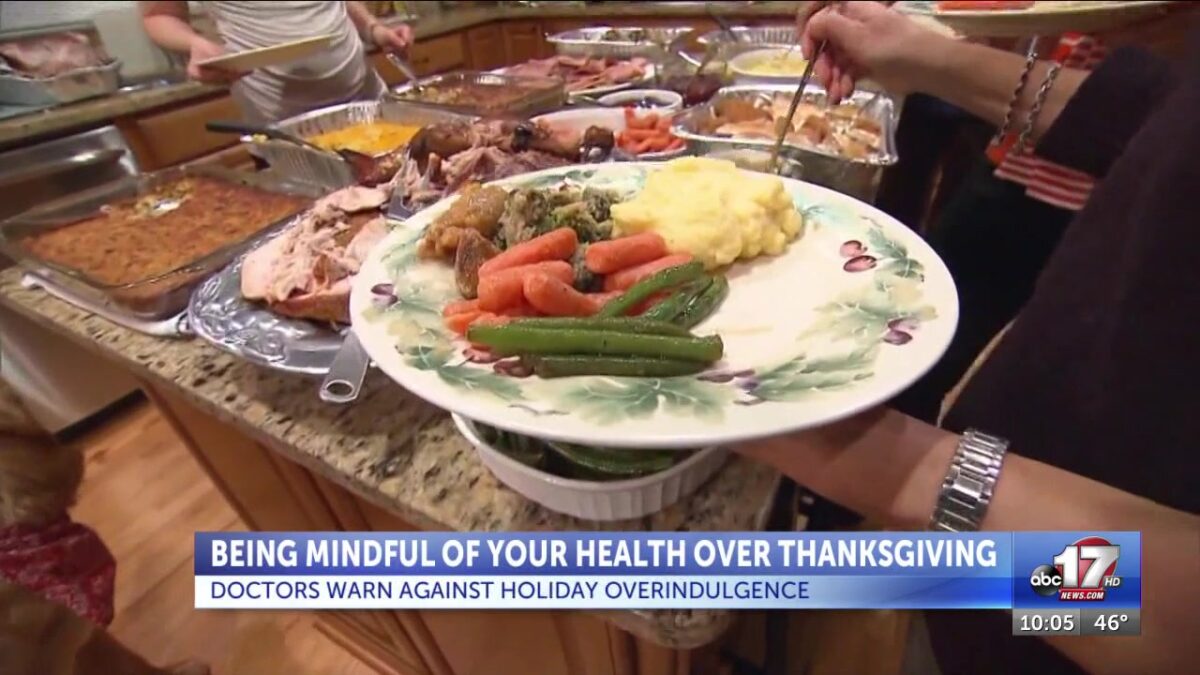Local doctor offers healthy eating tips ahead of Thanksgiving

Euphenie Andre
COLUMBIA, MO. (KMIZ)
With Thanksgiving just around the corner, medical experts are reminding families to keep safety at the heart of their celebrations. Overeating and holiday stress can pose health risks, especially for people with underlying conditions, according to experts, so planning your meals carefully is key.
Macaroni, mashed potatoes and sweet potatoes are staples on many Thanksgiving tables. While these comfort foods are a favorite, Dr. Regina DePietro with MU Health Care emphasized the importance of having a balanced plate to avoid bloating and other post-meal issues.
“Try to arrange your food so that you’re getting a good amount of fiber in your food,” DePietro said. “So, that would be like half of your plate is fiber and vegetables, a quarter of your plate, protein and then a quarter of your plate are those delicious, rich foods like mashed potatoes and corn casserole.”
DePietro also advises people to eat smaller meals throughout the day to avoid overindulging once dinner is served. Starting your meal with vegetables or fiber can help prevent overeating and control blood sugar spikes.
According to the American College of Emergency Physicians, heavy meals and holiday stress can trigger health complications, particularly for those with pre-existing health issues.
“Sometimes overindulging can increase your risk of having a health event later in the day, especially if you’re adding alcohol into the mix. So, just be careful of not overeating and not overdrinking during the holidays,” DePietro said.
If you find yourself feeling sleepy after a meal, it’s often due to too many carbohydrates. Balancing your meal with proteins, carbs, and fats can help maintain steady energy levels.
DePietro recommends staying upright for about an hour after eating and taking a walk to aid digestion. While it’s normal to indulge during the holidays, being mindful of portion sizes and food choices can keep your celebration safe and enjoyable.
Medical experts also warn that foodborne illnesses can mimic flu-like symptoms, though they typically do not cause a fever. The American College of Emergency Physicians estimates that each year:
48 million people get sick from foodborne illnesses
128,000 are hospitalized
3,000 die
Food poisoning can be caused by bacteria, such as salmonella or clostridium botulinum. Most cases resolve within a few days, but symptoms may include:
Headache
Nausea
Vomiting or diarrhea
Stomach cramps
More severe symptoms can include blurred vision, fatigue, and dry mouth. Symptoms usually appear within two hours to two days after consuming contaminated food.